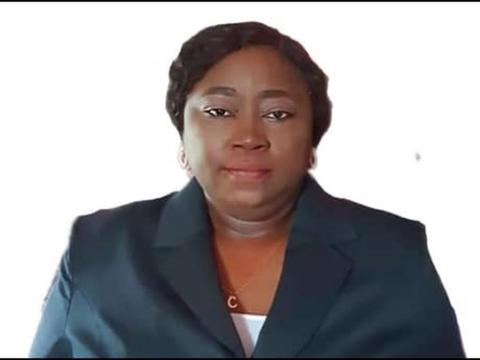By Abdulai Fasineh Dumbuya
The Executive Director of Legal Aid Board of Sierra Leone Fatmata Claire Carlton-Hanciles says they have given accessible and affordable legal support to over two million Sierra Leoneans, cutting down the workload on the courts.
She made the statement whilst addressing the media at the Ministry of Information and Civic Education’s Weekly Press Conference held at the Ministry of Foreign Affairs and International Cooperation in Freetown on May 7, 2024.
She said Legal Aid is in all districts and chiefdom levels and it is currently operating with twenty-four lawyers.
“We always give legal education and representation as well as advice through under tree discussions, focus group discussions, conduct seminars, community town hall meetings and among others. We have two types of mandates: We have the regulating aspect for all the organizations and we also operate in legal aid services, with three hundred (300) partnerships including civil society organizations – who are registered members of legal aid board,” she said.
In terms of justice provision, she said they always sit in the middle between the court and law office, saying legal aid is for the poor minimum wage earners who are at most vulnerable, faced with suspension or other action, or other people some of whom struggle in their businesses.
She said they have a good model of operation as they have full time lawyers and people do not have to pay, saying if lawyers were to be paid per hour for services rendered it would have been really difficult for a lot of people to have justice.
“What we have done is that we have employed our lawyers on a full time basis so that they can visit police and court as well as visit the community where they have cases to address,” she said.
She expressed delight at seeing Fourah Bay College (FBC) teach paralegal studies at their programmes, and said the legal aid board is willing to offer certificates to the deserving students.
With Sierra Leone being recognized as a third world country, she said most of the cases they usually interface with are land disputes, family disputes and personal issues.
The Legal Aid Board was formed by an Act of Parliament in 2012 but began its operations in 2015, charged with the mandate to monitor justice institutions such as police stations, correctional centres, local courts, informal courts, among others.
Copyright © 2024 Politico (13/05/24)








